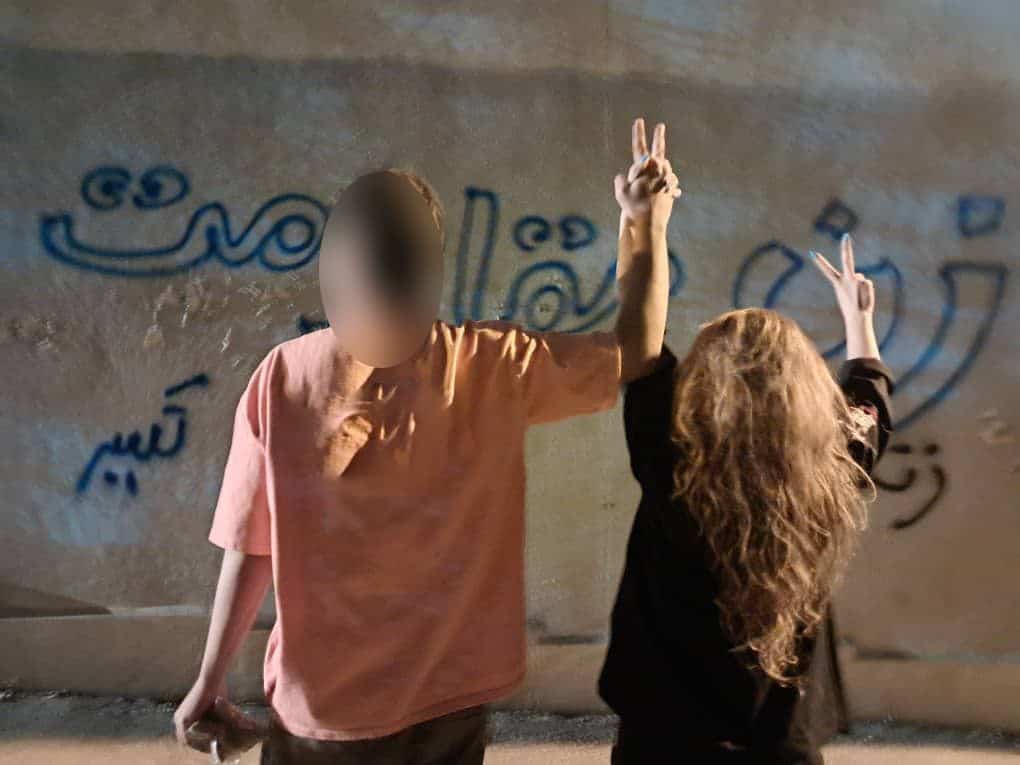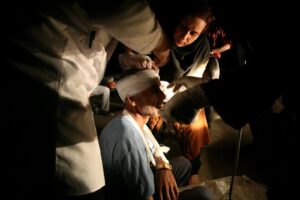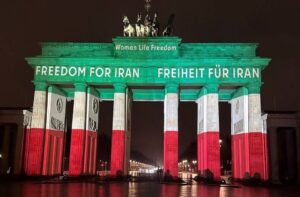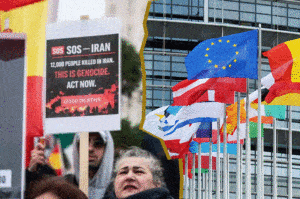8 March 2025
International Women’s Day, celebrated on March 8, honors the struggles of women around the world for equality, justice, and freedom. Originating in the labor movements of women garment workers in New York in the early 20th century, it has since been officially recognized by the United Nations. For Iranian women, however, the day symbolizes extraordinary resilience against fundamentalist oppression.
Women in Iran, under a fundamentalist religious regime, are undeniably one of the most oppressed groups in the world. Rooted in an ideology that views women not as equal human beings but as instruments of social control and male dominance, this oppression has persisted since the regime’s inception. The demeaning slogan “hijab or punishment,” enforced soon after the 1979 revolution, is a clear example of this oppression.
Discriminatory laws regarding inheritance, divorce, child custody, travel rights, testifying in court, severe restrictions on government positions, judicial roles, and exclusion from certain sports have relegated Iranian women to second-class citizenship.
Why has the regime failed to break women’s resistance?
Despite employing extensive tools of repression-imprisonment, torture, and execution-the Iranian regime has failed to silence women’s resistance. Since the widespread protests of 2022, women’s defiance has intensified rather than diminished. This phenomenon can be likened to a compressed spring that is finally released, creating an unstoppable momentum.
Iranian women are fighting not just for basic rights such as the freedom to choose what to wear, but for true freedom and the rejection of all forms of coercion. For them, clothing symbolizes broader freedoms; their struggle extends to confronting all manifestations of oppression and coercion under the religious regime.
Enforced Dress Codes: A Tool of Social Control
Iran’s compulsory hijab laws severely restrict women’s freedom of choice, violate fundamental human rights, and serve as a mechanism of social control. Iranian women unequivocally reject any form of coercion and assert their right not only to dress freely, but to live freely in all respects.
Women’s resistance in Iran is not isolated. Many men have actively supported women’s struggles, emphasizing that true freedom and justice can only be achieved through a collective societal effort.
Following the tragic death of Mahsa Amini in 2022, society’s repressed anger erupted into widespread resistance. Despite relentless attempts at suppression, the regime has failed to diminish the resolve of Iranian women and men. The continued public demonstrations, despite the threat of imprisonment, torture and execution, demonstrate an unwavering and growing resistance.
Iranian Women: A Century of Courageous Struggle for Freedom
Iranian women have a profound history of resistance and activism, beginning with their influential role in Iran’s constitutional revolution. Pioneering figures such as Forough al-Saltaneh bravely defied oppressive restrictions during the Qajar dynasty and fiercely advocated for girls’ education despite strict prohibitions, ultimately ensuring the survival of Iran’s first girls’ schools. Over the past century, Iranian women have continued to lead numerous movements, tirelessly challenging gender discrimination, oppression, and inequality. Their extraordinary legacy reached a historic high during the 2022 Uprising, when Iranian women became the driving force behind nationwide protests, inspiring global solidarity and admiration through their courage, sacrifice, and relentless pursuit of freedom and equality.
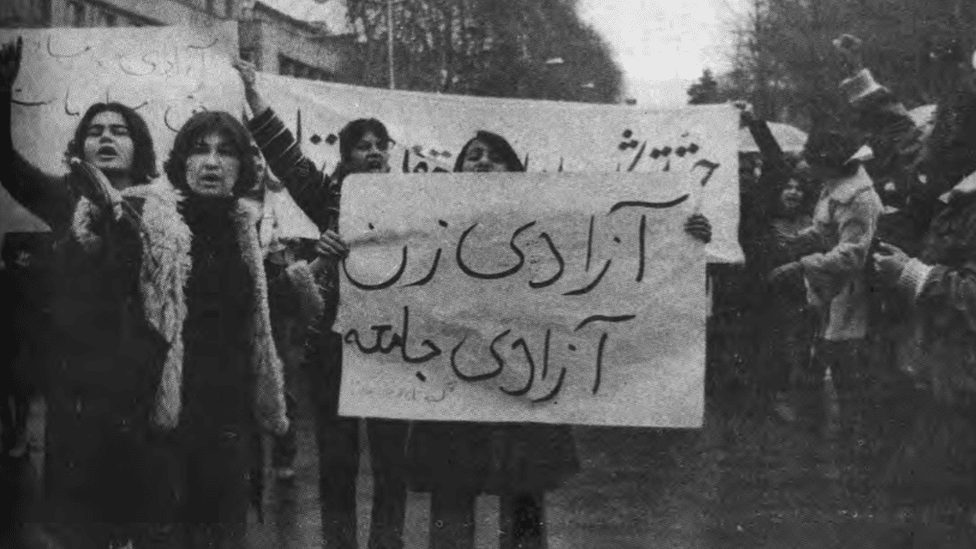
„Freiheit der Frau, Freiheit der Gesellschaft“ demonstrieren iranische Frauen 1979.
March 8th Message: Saving Lives from Execution
On this historic day, our Charity reaffirms its commitment to advocate on behalf of women and men whose lives are threatened by execution. We are actively working to save courageous women like Pakhshan Azizi, Sharifeh Mohammadi, and Varisheh Moradi, whose lives remain in grave danger. We also highlight the plight of political prisoners such as Maryam Akbari Monfared, a mother who has been unable to see her three children for years due to her imprisonment, and Zeynab Jalalian, who has endured prolonged imprisonment and serious health problems without any respite.
Saving these lives is a critical step toward real freedom in Iran. March 8 is an opportunity to honor this remarkable resistance and to affirm that our struggle will continue until true freedom is secured for all Iranian women and men. Today, Iranian women are courageously at the forefront of this struggle – a struggle that will never end.
